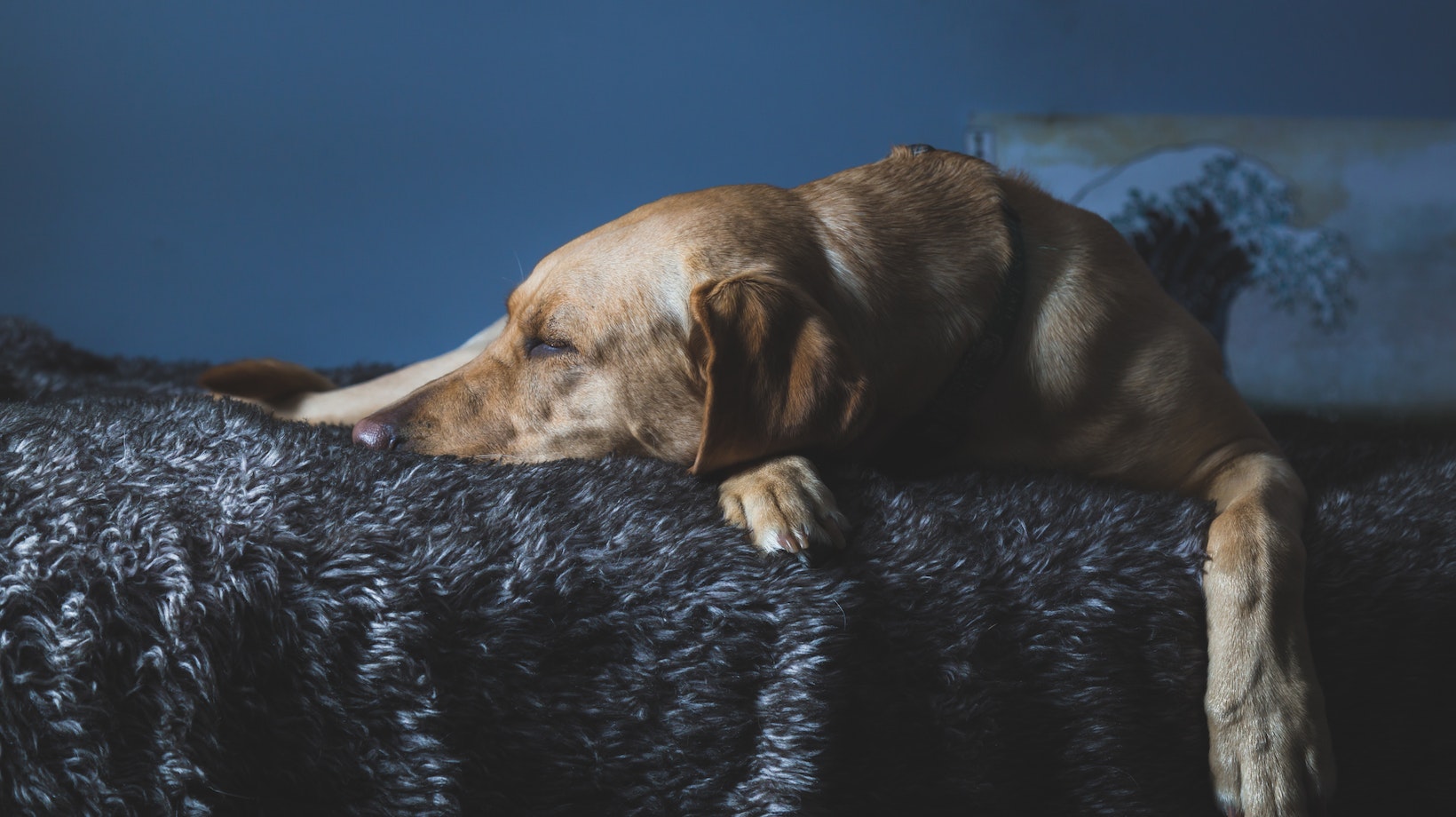How Do You Get A Dog To Stop Licking
Are you wondering how to get your dog to stop licking? It can be quite perplexing when your furry friend constantly licks everything in sight, from themselves to furniture and even your hands. But fear not, because I’ve got some helpful tips to curb this behavior.
First and foremost, it’s important to understand why dogs lick. Licking is a natural instinct for them and serves various purposes such as grooming, showing affection, or exploring their environment. However, excessive licking can indicate an underlying issue like anxiety or boredom.
To tackle this behavior, start by addressing any potential medical concerns. Excessive licking could be a sign of skin allergies or discomfort. Consult with your veterinarian to rule out any health issues that may be causing the problem.
Next, provide plenty of mental and physical stimulation for your dog. A tired pup is less likely to engage in excessive licking out of boredom. Ensure regular exercise sessions and interactive playtime are part of their daily routine.
Understanding The Risks Of Excessive Dog Licking
- Skin Irritation and Infections: One of the primary concerns with excessive dog licking is the potential for skin irritation and infections. Constant licking can break down the protective barrier of your dog’s skin, leading to redness, inflammation, and even open sores. Moreover, moisture from saliva creates an ideal environment for bacteria or fungi to thrive, increasing the likelihood of infections.
- Allergic Reactions: If your dog is constantly licking specific areas on their body, it may indicate an underlying allergy or sensitivity. Dogs can develop allergies to various substances like certain foods or environmental factors like pollen or dust mites. Continuous licking can exacerbate allergic reactions and cause discomfort for your furry companion.
- Behavioral Issues: Excessive licking can also be a symptom of underlying behavioral issues in dogs. It could be a sign of anxiety, stress, boredom, or even pain. Dogs sometimes resort to repetitive behaviors like licking as a way to self-soothe or cope with their emotions.
- Dental Problems: While dogs do lick themselves as part of their grooming routine, persistent focus on one area might suggest there’s an issue with their oral health. Excessive licking around the mouth could indicate dental problems such as tooth decay or gum disease.
- Transmission of Harmful Substances: Dogs are curious creatures that explore their surroundings through sniffing and tasting objects they come across during walks or playtime outdoors. Excessive licking can result in ingesting harmful substances like toxic chemicals present on surfaces or plants that may have been treated with pesticides.

Identifying The Underlying Cause Of Your Dog’s Licking Behavior
- Medical Conditions: Excessive licking can be a sign of an underlying medical condition. It’s essential to rule out any health issues by consulting with your veterinarian. They may perform a thorough examination and run tests to identify potential problems such as allergies, dermatitis, infections, or pain.
- Anxiety or Stress: Dogs often resort to repetitive behaviors like licking when they feel anxious or stressed. Common triggers could include separation anxiety, changes in routine, loud noises, or unfamiliar environments. Identifying and addressing these stressors through training techniques or behavioral modification exercises can help alleviate the licking behavior.
- Boredom or Lack of Stimulation: Dogs need mental and physical stimulation to prevent boredom-related behaviors like excessive licking. Ensuring that your dog gets enough exercise, playtime, and interactive toys can keep them engaged and curb their urge to lick excessively.
- Allergies: Allergies, whether food-related or environmental (such as pollen), can manifest in dogs as itching and irritation leading to excessive licking. If you suspect allergies might be the cause of your dog’s behavior, consult with your veterinarian for proper diagnosis and guidance on allergen management.
- Obsessive-Compulsive Disorder (OCD): In some cases, dogs develop compulsive behaviors like incessant licking due to OCD-like tendencies. This condition often requires professional intervention from a veterinary behaviorist who can create a customized treatment plan involving medication (if necessary) along with behavioral therapy.
It is crucial not only to address the symptoms but also identify and resolve the root cause of your dog’s excessive licking behavior for their overall well-being. Remember, each dog is unique, and what works for one may not work for another. Patience, consistency, and professional guidance can go a long way in helping your furry companion overcome this habit.